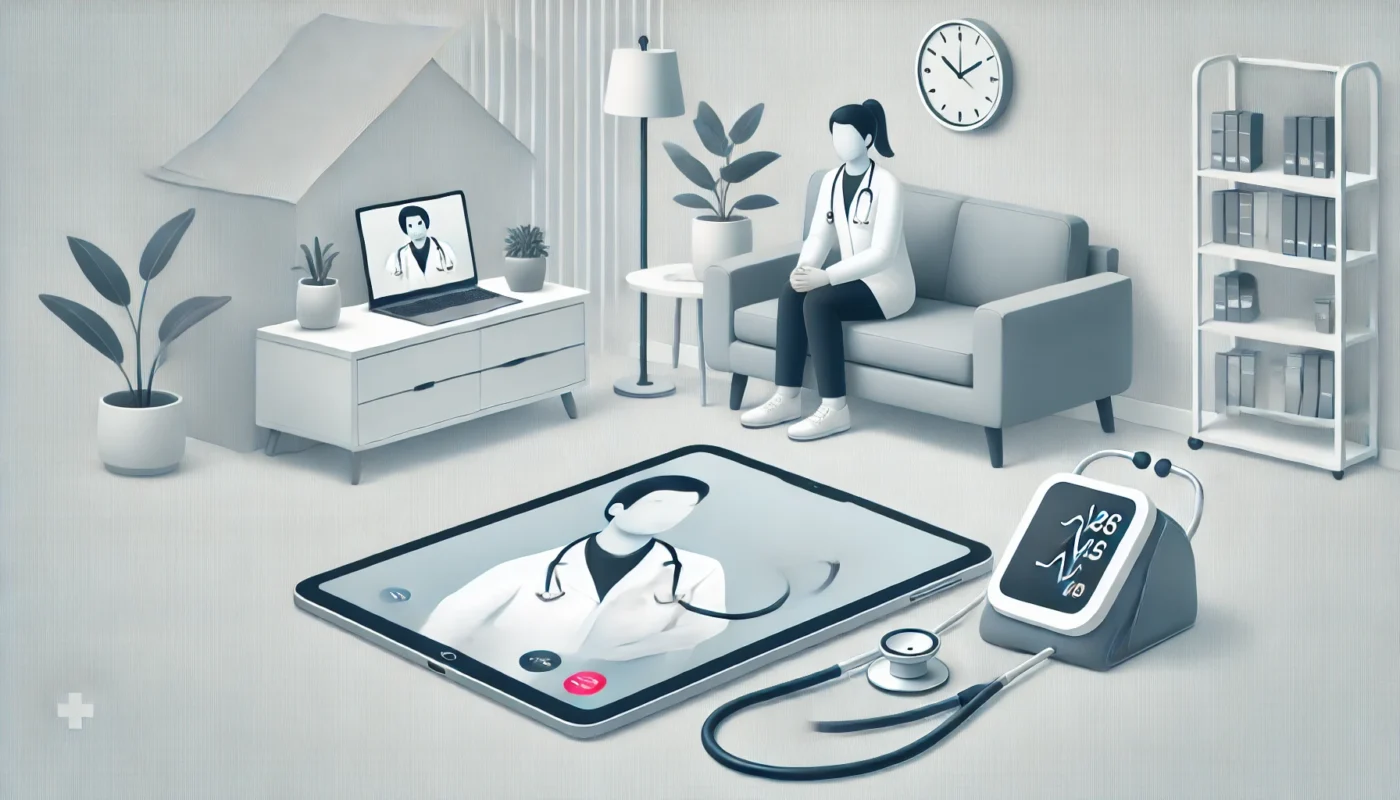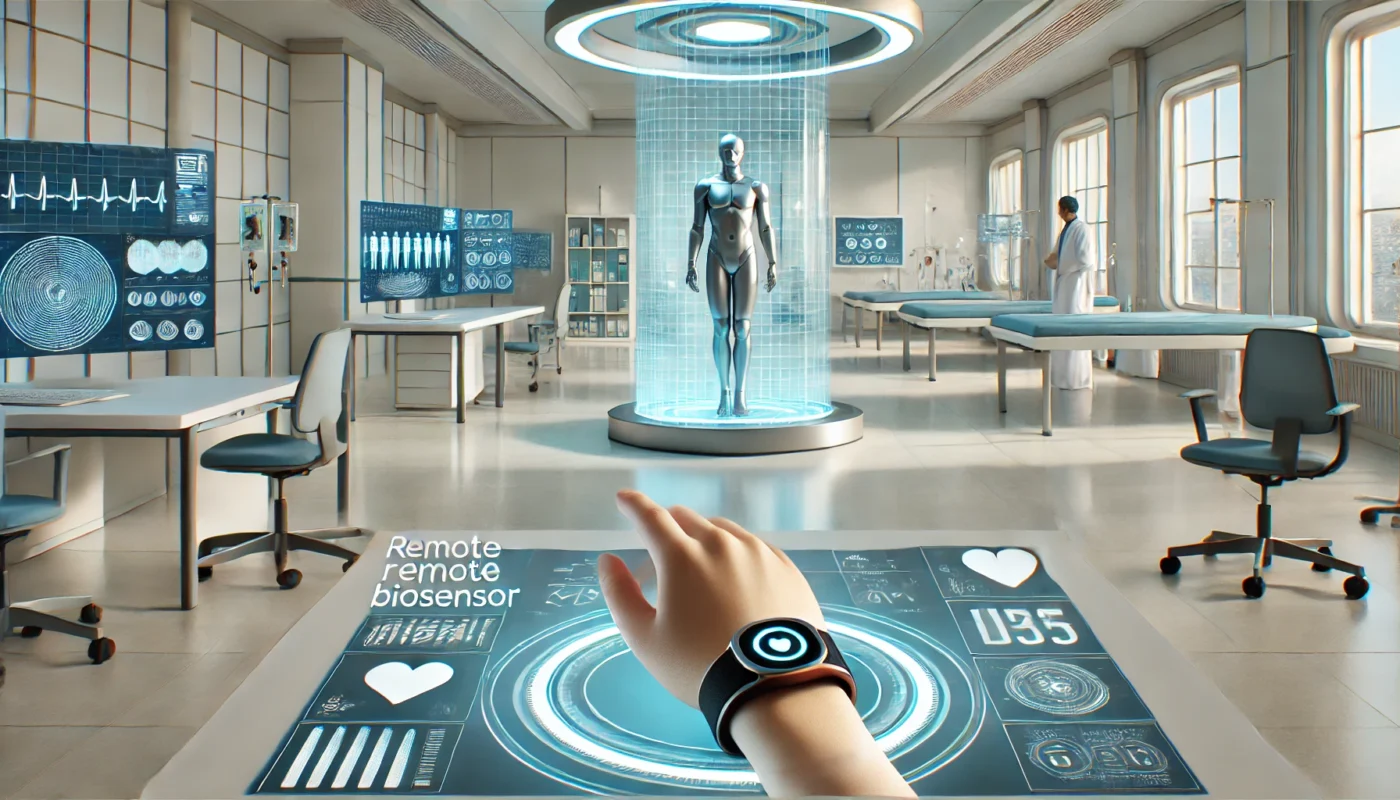Hypertension, or high blood pressure, is a chronic condition affecting nearly half of the adult population worldwide, according to the World Health Organization (WHO). While factors such as diet composition, physical activity, and stress management play critical roles in managing blood pressure, the timing of meals is an emerging area of interest. Research suggests that when we eat may influence blood pressure regulation by affecting circadian rhythms, metabolism, and vascular function. This article delves into the science behind meal timing and its potential impact on hypertension, exploring key findings, practical recommendations, and strategies for incorporating meal timing into a comprehensive approach to blood pressure management.
Tag Archives: Cardiovascular Health
Hypertension, or high blood pressure, is a chronic condition affecting millions worldwide and is a leading cause of heart disease, stroke, and kidney failure. While medications and lifestyle changes such as exercise are essential for managing blood pressure, diet plays a critical role. The right foods can help reduce blood pressure and protect cardiovascular health. Snacks, often overlooked in meal planning, offer an excellent opportunity to incorporate heart-healthy nutrients like potassium, magnesium, and fiber into your daily routine. This article provides practical suggestions for hypertension-friendly snacks that are both quick and easy to prepare.
Hypertension, or high blood pressure, is a global health concern affecting over 1.28 billion adults, as reported by the World Health Organization (WHO). Characterized by sustained blood pressure readings of 130/80 mmHg or higher, hypertension significantly increases the risk of cardiovascular disease, kidney failure, and stroke. While dietary sodium reduction has long been emphasized in hypertension management, emerging research highlights the potential benefits of protein-rich diets in regulating blood pressure. This article explores the complex relationship between protein intake and hypertension, examining the mechanisms behind its effects, the role of different protein sources, and how to incorporate protein-rich foods into a balanced diet for optimal cardiovascular health.
Hypertension, or high blood pressure, affects nearly half of adults globally and is one of the leading risk factors for cardiovascular disease, kidney failure, and stroke. Despite its prevalence, hypertension often goes undiagnosed or poorly managed due to barriers such as limited access to care, inconsistent monitoring, and lack of patient engagement. In recent years, telemedicine—particularly virtual clinics and remote monitoring—has emerged as a transformative solution in the management of hypertension. By integrating advanced technology with personalized healthcare, these innovations are changing the landscape of hypertension care and improving outcomes for patients worldwide. This article explores how virtual clinics and remote monitoring are revolutionizing hypertension management and what the future holds for this rapidly evolving field.
Hypertension, or high blood pressure, remains a significant global health concern, affecting over 1.28 billion people worldwide and contributing to the leading causes of cardiovascular disease, stroke, and kidney failure. Despite decades of research, challenges persist in developing more effective, personalized medications for managing hypertension, especially for those with resistant or secondary forms of the condition. However, a new frontier is emerging: artificial intelligence (AI). Leveraging the power of AI in drug discovery is revolutionizing the speed, efficiency, and precision with which new hypertension treatments are being developed. This article explores how AI is transforming hypertension drug discovery, the technologies driving this innovation, and the potential it holds for advancing cardiovascular medicine.
Hypertension, or high blood pressure, affects nearly half of the adult population worldwide and remains a leading risk factor for cardiovascular diseases, stroke, and kidney failure. While lifestyle changes and pharmacological treatments such as ACE inhibitors, beta-blockers, and diuretics have improved management for many patients, a significant number still experience uncontrolled or resistant hypertension. These challenges have fueled interest in exploring innovative therapies, including stem cell therapy, as a potential solution. This article provides a detailed analysis of the current progress, challenges, and future directions in the use of stem cell therapy for hypertension.
Hypertension, or high blood pressure, is a global health crisis, affecting over 1.28 billion adults and contributing to millions of deaths annually through complications like heart disease, stroke, and kidney failure. While lifestyle changes and medications can manage the condition, they rarely address the underlying genetic predispositions that contribute to hypertension. Recent advancements in genetic science, particularly CRISPR-Cas9 gene editing technology, offer new hope for tackling the root causes of this pervasive condition. This article explores the potential of CRISPR technology to revolutionize hypertension treatment by targeting its genetic roots, the challenges involved, and the ethical considerations of applying gene editing in this context.
Hypertension, or high blood pressure, is a silent yet pervasive condition, contributing to heart disease, stroke, kidney failure, and other serious complications. According to the World Health Organization (WHO), it affects over 1.28 billion people globally, with many remaining undiagnosed or undertreated. Managing hypertension effectively requires constant monitoring and timely interventions, which have traditionally relied on sporadic blood pressure measurements taken in clinical settings. However, advancements in wearable technology and remote biosensors are transforming this paradigm. These devices provide real-time, continuous data, empowering individuals and healthcare providers to take proactive steps in blood pressure management.
Hypertension, a condition characterized by consistently high blood pressure, affects over a billion people worldwide and remains a leading cause of cardiovascular disease, kidney failure, and stroke. Despite significant progress in treatment, many patients fail to achieve optimal blood pressure control due to medication resistance, side effects, or limited therapeutic options. Recent advancements in hypertension drugs, including the development of angiotensin blockers and novel therapeutic approaches, are transforming the landscape of hypertension management. This article explores the evolution of pharmaceutical options for hypertension, highlighting recent innovations and their potential to improve outcomes.
Hypertension, or high blood pressure, is a global health crisis affecting more than 1.28 billion adults worldwide, according to the World Health Organization (WHO). Despite decades of medical advancements, the condition remains a leading risk factor for cardiovascular diseases, stroke, and kidney failure. However, the advent of big data analytics is revolutionizing how hypertension is studied, diagnosed, and managed. By analyzing vast amounts of healthcare data, researchers and clinicians are uncovering patterns, predicting risks, and tailoring treatments with unprecedented precision. This article explores how data-driven approaches are transforming hypertension care, improving patient outcomes, and paving the way for a more personalized and proactive healthcare system.










